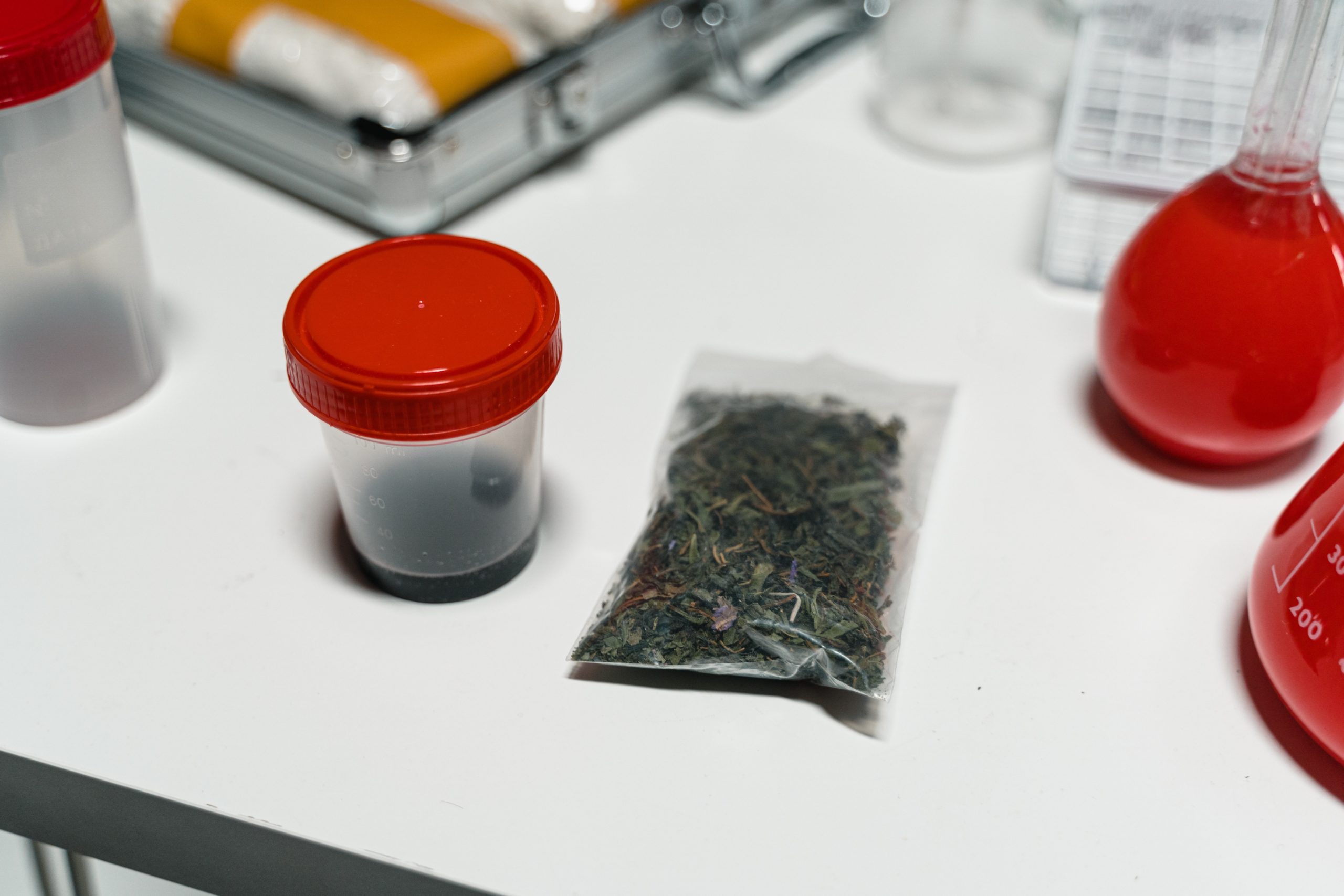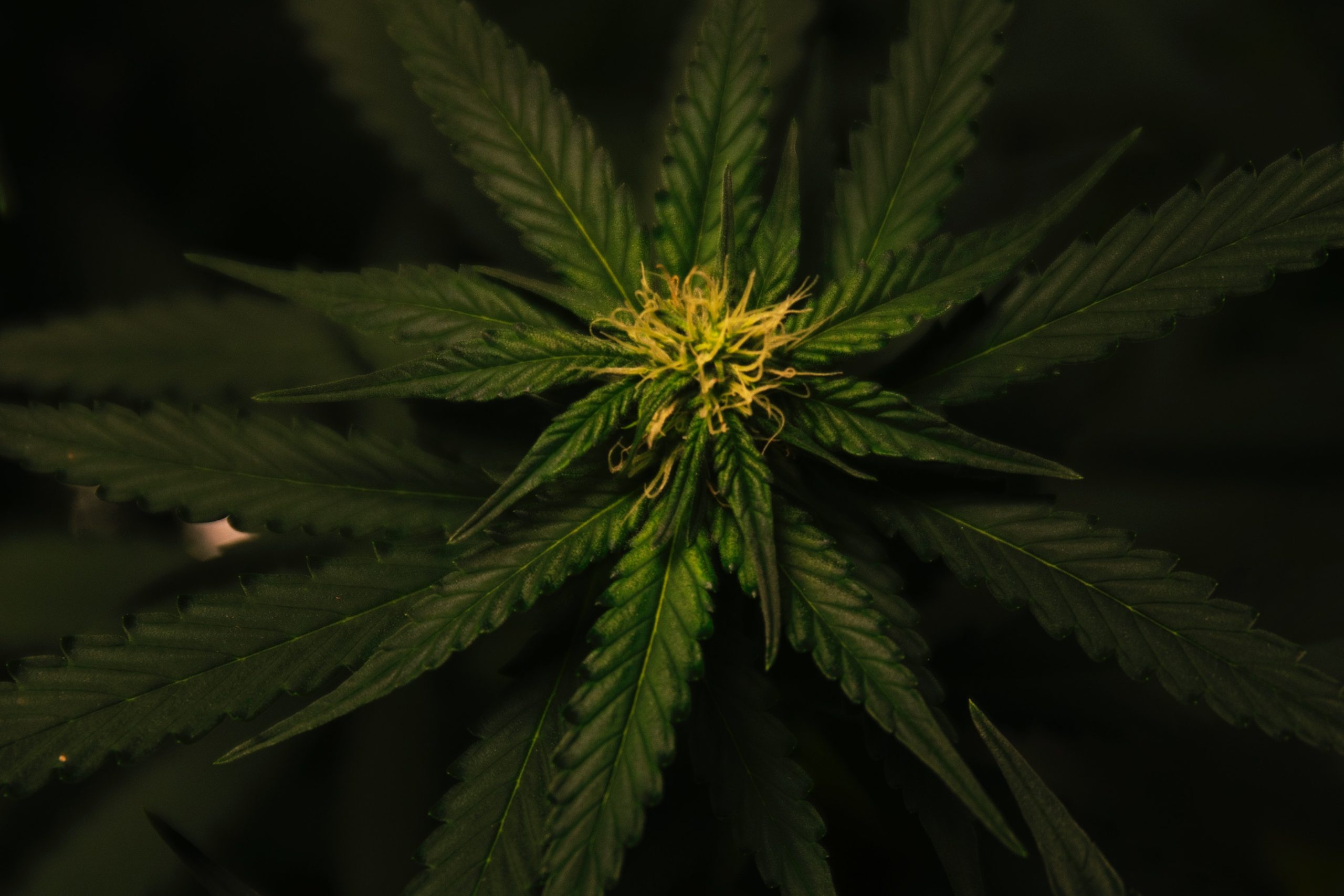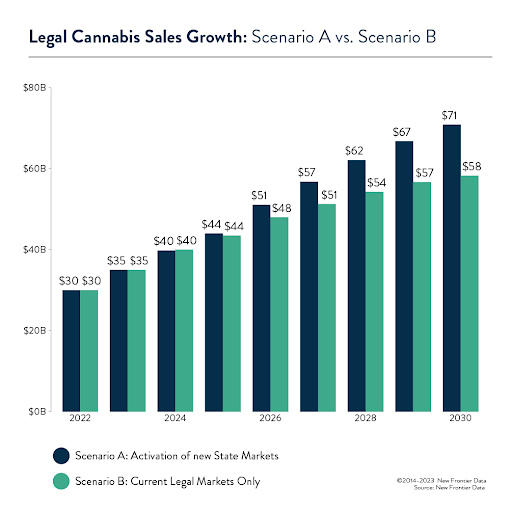
Growing Acceptance and Concerns: Cannabis Usage Trends in the US

In a recent survey, half of Americans indicated that they have experimented with marijuana, sparking concerns about the implications of the rapid legalization of cannabis across the country. The findings highlight a potential increase in usage, particularly among young adults.
Conducted by the polling firm Gallup, the survey revealed that 50 percent of respondents reported recreational marijuana use, representing a two-percentage-point rise from a similar survey conducted at the beginning of 2022. Additionally, the proportion of regular users has climbed to 17%, more than doubling the figures recorded in 2013.
Gallup noted, “As marijuana has become more available to Americans and legal in an increasing number of states, their reports of use and experimentation have increased too. Now, half of the country has tried it, while the other half say they never have.”

The survey’s results underscore concerns that the expansion of cannabis legalization across 23 states and Washington DC might be contributing to heightened consumption, especially among adolescents and young adults who are particularly vulnerable to its potential negative impacts. Proponents of marijuana emphasize its health and social benefits, while critics caution that widespread usage could lead to elevated rates of mental health issues, substance abuse, and impaired driving accidents.
Child and adolescent psychiatrist Bobby Smyth voiced his apprehensions on social media, highlighting that the rise in drug dependence and emergency room visits among both young and older individuals might be linked to legalization. Smyth also pointed out that prominent medical bodies like the American Medical Association oppose cannabis legalization.
The US Centers for Disease Control and Prevention (CDC) have stated that marijuana use can disproportionately affect young people, contributing to adverse effects on brain development and mental health. According to Gallup researchers, cannabis consumption is most prevalent among adults aged 18 to 34, with nearly one-third of this demographic using it regularly, in contrast to just 9 percent of those aged 55 and older.
The survey also revealed a political disparity, with 57 percent of Democrats, 52 percent of independents, and 39 percent of Republicans reporting having tried marijuana.
Notably, the legalization trend continues to expand, with Minnesota becoming the 23rd state to legalize recreational marijuana earlier this year. However, as legalization gains traction, scientists are increasingly sounding alarms about the potential risks associated with cannabis use.
In February, experts from Stanford University unveiled research suggesting that cannabis users face up to a third higher risk of experiencing heart attacks compared to non-users. Additionally, researchers backed by the National Institute on Drug Abuse cautioned in May that marijuana might be contributing to a 30 percent surge in schizophrenia cases among young men.

In the same month, DailyMail.com featured accounts from relatives of individuals who suffered adverse effects from cannabis abuse. One such account was that of Sonia Jimenez, whose son, Josh, passed away in December 2021 due to what she believes was chronic cannabis use-induced suicide.
Josh’s sister, Alex, shared details of his deteriorating condition following his initiation of cannabis consumption in 9th grade. His academic performance declined, and he exhibited symptoms of paranoia, including vivid hallucinations. He also survived a severe car crash caused by cannabis-induced impairment and was involved in a fire incident due to his altered state.
Tragically, Josh eventually succumbed to his struggles, highlighting concerns about the potency of the strains he consumed. Research indicates that high doses of THC, the psychoactive component of cannabis, could contribute to various psychiatric disorders, including depression, schizophrenia, and psychosis.
The survey results and subsequent discussions emphasize the growing complexities surrounding marijuana usage, including both the acceptance and concerns associated with its increasing prevalence. As legalization progresses, striking a balance between individual freedoms and safeguarding public health remains a significant challenge for policymakers, medical professionals, and society as a whole.
Source: Dailymail.co.uk
EXPLORE MORE NEWS
Newsletter





























